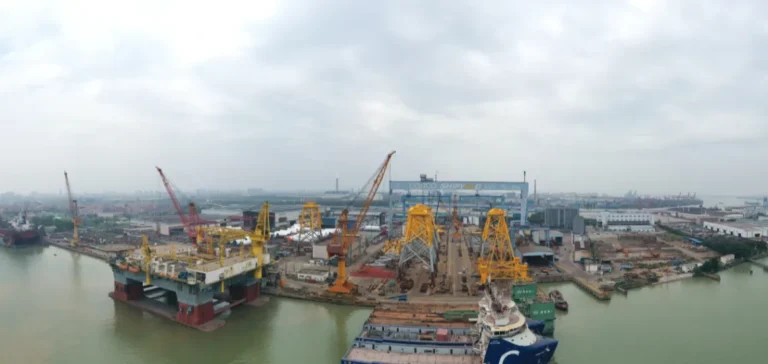Kogi State Electricity Distribution Limited (KEDL) announced it suffered a ₦1.3bn ($882,011) loss in the first quarter of 2025 as a result of electricity theft, directly impacting its business performance. Acting Managing Director Engr. Olaseni Agunpopo stated the losses were mainly caused by illegal bypassing, meter tampering, and unauthorised connections by electricity consumers in Kogi State.
Commercial loss and impact on supply
According to KEDL, these fraudulent activities have not only weakened the company’s financial standing but also disrupted power distribution to compliant customers. Engr. Agunpopo emphasised that delayed or partial bill payments further exacerbate the challenge, jeopardising the company’s ability to deliver stable services. He noted that no distribution structure can operate sustainably without timely payment for rendered services.
In response to the situation, the company welcomed the Kogi State Government’s initiative to establish a special court dedicated to electricity-related offences. The creation of the Kogi State Electricity Regulatory Commission aims to support sector operators in tackling illegal practices that disrupt the distribution network.
Enhanced legal framework for power offences
Commission Chairman Engr. Ibrahim Abdwaaris stated that this legal reform marks a significant step in securing the local electricity market. He indicated that the newly formed Electricity Theft Task Force and the Special Court are tasked with protecting investments and ensuring network reliability for rule-abiding consumers.
He added that Kogi State is committed to fostering a business-friendly environment where investors can operate profitably while consumers receive reliable and fair service. This regulatory mechanism reflects an effort to stabilise a market still exposed to structural and financial risks.
Call for collective mobilisation
Engr. Agunpopo called for collective engagement from all stakeholders, including authorities, local communities, traditional leaders, and security agencies. He stressed the population’s role in reporting fraudulent acts and adhering to consumption standards, noting that citizen collaboration is essential to the viability of the regional electricity network.
The establishment of this judicial framework signals a clear intention to restore order in a critical sector facing losses that directly compromise its growth.






















